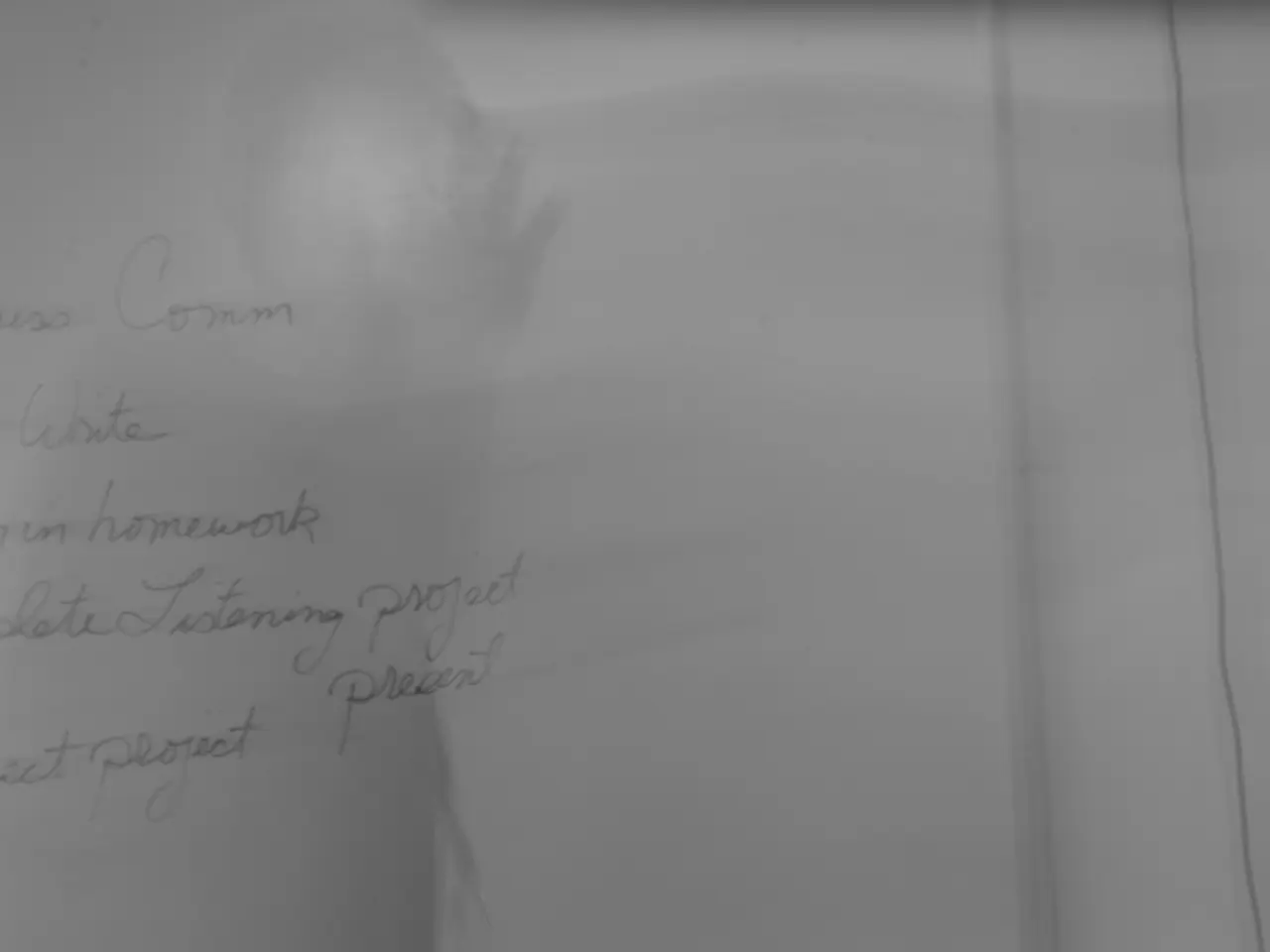Planning Your Estate Isn't Exclusively for the Extremely Wealthy
=====================================================================================
Estate planning is a crucial step for anyone who owns a home, has a savings account, retirement fund, or dependents. It's not just for the wealthy, but an essential tool for ensuring that your resources are handled properly after your death.
A well-prepared estate plan can help reduce emotional burden on family members, preserve relationships, and prevent potential family feuds during difficult times. Here's a breakdown of the key components of a simple estate plan.
A Will: The Cornerstone of Your Estate Plan
A will is a legal document that specifies how your assets—including your home and savings—should be distributed after your death. It allows you to name beneficiaries and appoint guardians for your dependents if needed.
Trusts: For Greater Control and Flexibility
A trust, such as a revocable living trust, can hold and manage your assets during your lifetime and specify their distribution after your death. Trusts help avoid probate, speed up asset transfer, and allow for more control over when and how your beneficiaries receive assets.
Power of Attorney (POA): Essential for Financial Management
A financial power of attorney authorizes a trusted person to manage your financial affairs if you become incapacitated. This ensures that bills, savings, and property matters are handled without court intervention.
Healthcare Proxy / Medical Power of Attorney: Making Healthcare Decisions Easier
This document appoints someone to make medical decisions for you if you cannot do so yourself. It ensures your healthcare preferences are respected.
Beneficiary Designations: Keep Them Current for a Smooth Transition
For accounts like savings or life insurance, naming beneficiaries directly on the accounts ensures those assets pass immediately to those individuals, often overriding a will. Keeping these designations current is critical.
Additional Considerations
Living wills or advance healthcare directives provide instructions about end-of-life care, and a digital power of attorney can manage online assets. These components together create a basic estate plan that protects your home, savings, and dependents by ensuring your wishes are legally recognized and executed efficiently.
It's advisable to review these documents periodically or after major life changes. By taking the time now to set things in order, you can save your family time, money, and pain down the road.
Dying Without an Estate Plan: The Consequences
Dying without an estate plan (dying intestate) means the state decides how property is divided, not based on personal wishes or fairness. If an ex-spouse is listed as a beneficiary on an old account, they could still receive the funds, regardless of the will.
The Cost of Not Planning
The cost of setting up a will or trust is often less than the fees your family would face without one. Failing to plan can result in unnecessary taxes and legal fees.
In conclusion, estate planning is a vital step for anyone who wants to ensure their resources are handled according to their wishes. It's not just about wealth, but about love, family, and peace of mind. Consult an estate planning attorney to help navigate the best options based on your assets, goals, and family dynamics.
- Managing one's personal-finance and mental health during difficult times can be eased by having a well-prepared estate plan, as it can help preserve relationships and prevent potential family feuds.
- Understanding the importance of estate planning in psychology is crucial, as it not only ensures the proper handling of resources but also contributes to Peace of mind, particularly in managing one's personal and family affairs effectively.




